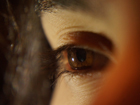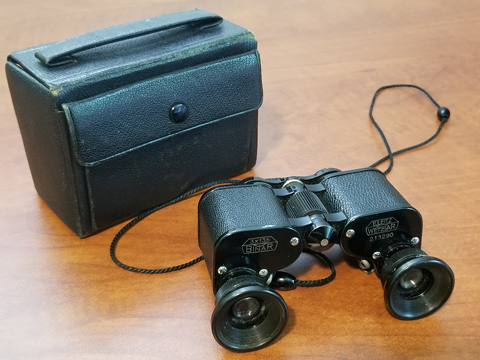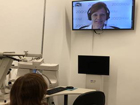
By Andrew Karp, Group Editor, Lenses & Technology
Sunday, April 14, 2024 1:55 AM
NEW YORK—In keeping with its objective of providing a platform for new ideas in vision technology and eyecare, the Vision Monday Leadership Summit brought together, for the first time, four prominent eyecare researchers and practitioners for a high-level discussion about how artificial intelligence can be an important tool for disease detection and diagnosis, and then improve outcomes through early intervention.

By Andrew Karp / Group Editor, Lenses & Technology and Jeff Hopkins / Contributing Editor
Monday, November 2, 2020 12:30 AM
In the first days of the coronavirus pandemic, as states and municipalities began issuing shutdown orders, optical retailers and optometric practices across the country went into shock. With many offices closed and eyeglass shipments disrupted, the situation was chaotic.
“When everyone literally had the rug pulled out from under them, no previous systems you had in place were going to be helpful when you’re winging it,” recalled optician Ruth Domber, who co-owns 10/10 Optics, a popular optical boutique and optometric practice in New York City.

By Andrew Karp, Group Editor, Lenses & Technology
Wednesday, July 15, 2020 9:33 AM
Researchers at
University College London have given new meaning to the term “seeing red.” Rather than using it to describe someone who is angry, the UCL scientists have conducted a
study that found that staring at a deep red light for three minutes a day can significantly improve declining eyesight. The study is the first of its kind performed with humans. Scientists believe the discovery, published in the
Journals of Gerontology, could signal the dawn of new affordable home-based eye therapies, helping the millions of people globally with naturally declining vision.

By Andrew Karp, Group Editor, Lenses & Technology
Thursday, June 18, 2020 7:26 AM
The Metropolitan Opera at Lincoln Center is one of the jewels in New York’s cultural crown. You’d think that, as a native New Yorker, I would have availed myself of this treasure by now. But I’ve never set foot in the place. I suppose that’s because my taste in music runs toward jazz, blues and country. Yet friends tell me that the sheer spectacle of grand opera is worth the price of admission, even if the singing, however brilliant, is not my thing. So the Met is on my bucket list. When I finally get there, I’ll be prepared to take it all in. I’ve got a pair of opera glasses, a very good pair, in fact.

By Andrew Karp, Group Editor, Lenses and Technology
Tuesday, September 18, 2018 12:05 AM
NEW YORK—Three years ago, as ocular telehealth began to attract widespread attention throughout the eyecare industry, the focus was largely on “store and forward” technology, which involves collecting clinical information and sending it electronically to another site for evaluation, and the then new technology of visual acuity testing via computer or smartphone.

By Andrew Karp, Group Editor, Lenses & Technology
Thursday, October 5, 2017 12:27 PM
NEW YORK—For many people, having their vision corrected for the first time can be a profoundly life-changing experience. In my case, though, there was no “wow” moment. I only began wearing glasses in my mid-30s, and looking through the lenses felt strange for the first few weeks. I recall being conscious of the frame, a solid object that now circumscribed my view. But within a month the sensations went away, and soon the glasses felt natural.